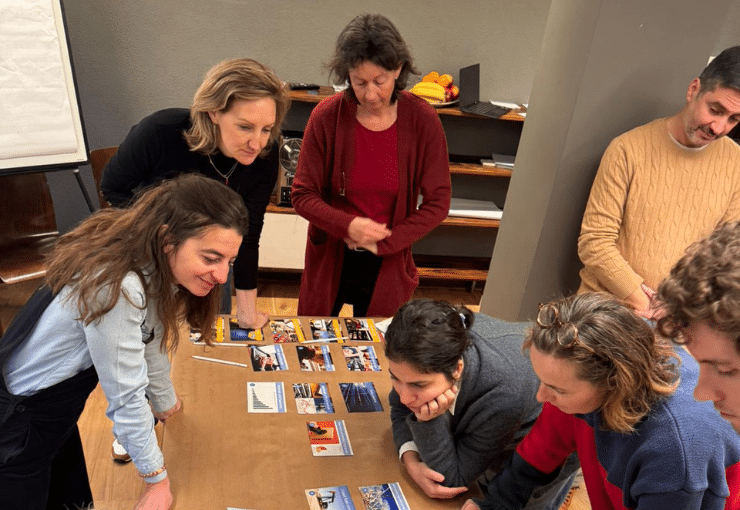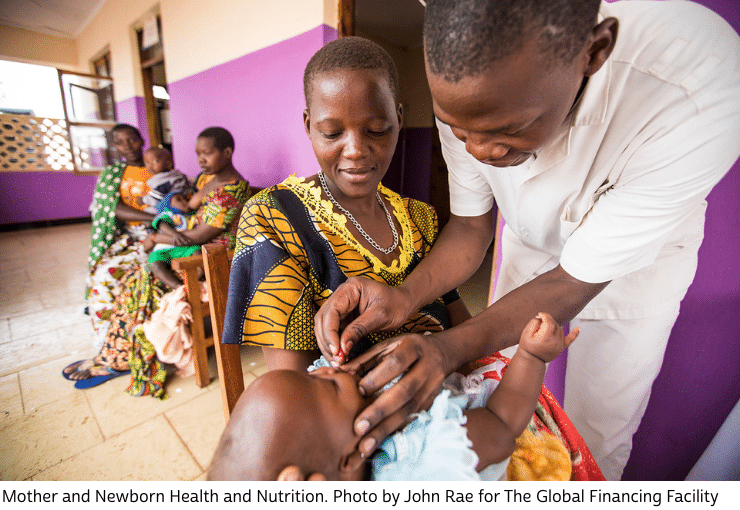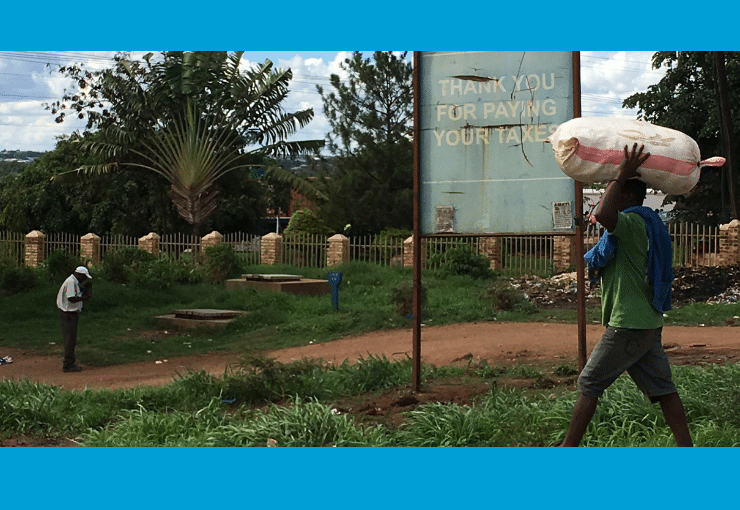Evidence from the new report ‘History RePPPeated II’ coordinated by Eurodad – supported by 18 civil society organisations worldwide, including Wemos – shows that Public-Private Partnerships (PPPs) are a costly financing tool at the expense of the public purse and people’s access to essential services, such as healthcare. The report therefore calls for the promotion of high-quality, publicly funded, democratically-controlled, gender-sensitive and accountable public services. Wemos amplifies this call, as it aligns with our position on healthcare PPPs: they should not be promoted by development actors in low- and middle-income countries. Instead, they should focus on strengthening public healthcare provision and financing.
The report – which was launched during the Our Future is Public Conference last week – by Eurodad reinforces our findings and position on healthcare PPPs. The evidence from the case studies in the report raises serious red flags about the capacity of PPPs to deliver results in the public interest. For example, a closer look at the King Juan Carlos PPP hospital in Spain by the Debt Observatory in Globalisation (ODG) makes clear that there were unexpectedly high costs at the expense of the public purse and the quality public service provision. The report therefore emphasizes that it is vital to resist the use of PPPs as a preferred financing tool to deliver infrastructure and public services.
Based on our previous research on healthcare PPPs (2021), Wemos called for global actors such as the World Bank Group to focus on strengthening public health financing, and refrain from promoting PPPs with commercial companies in healthcare because of associated risks, such as worsening existing inequalities. We found that healthcare PPPs are more expensive and inequitable than public provision, and that they weaken health systems.
PPPs for infrastructure development and social services have been and are still promoted by a wide range of institutions, including bilateral donor agencies, United Nations agencies and multilateral development banks. The World Bank Group is at the forefront of the promotion of PPPs, and of the use of private finance in development in general. The rationale is that PPPs help overcome challenges in the financing, implementation and delivery of infrastructure and public services. This is based on the assumption that the private sector brings additional finance, and that private companies are inherently more efficient than the public sector in delivering high-quality public services. However, as mentioned, our research and that of other civil society organisations shows the contrary.
‘History RePPPeated II‘ is the second in a series of reports on PPPs in diverse sectors and is a collaborative study of seven PPPs across the world, coordinated by Eurodad and supported by 18 CSOs from all over the world, including Wemos. The various PPPs, one of which concerns a hospital PPP, were analysed on their impact on people and their access to vital services and resources.
Read ‘History RePPPeated II – Why Public-Private Partnerships are not the solution’ – full report and executive summary.
Read more
Wemos report ´Improving healthcare, but for whom? Studying the International Finance Corporation’s investments in health´
Wemos report ´Risky business: position paper on the promotion of Public-Private Partnerships in healthcare´




